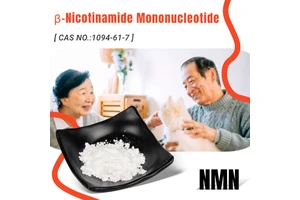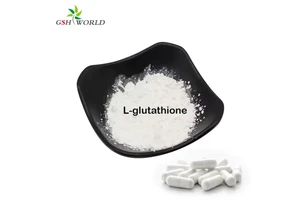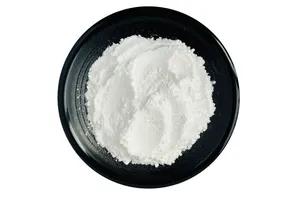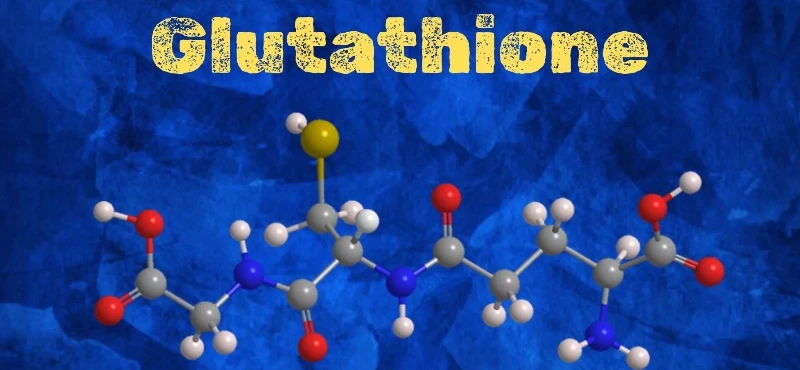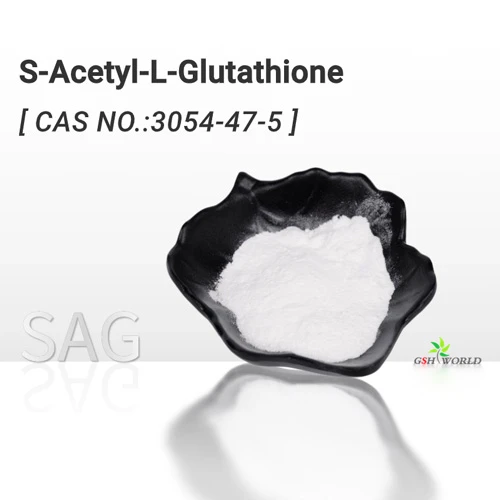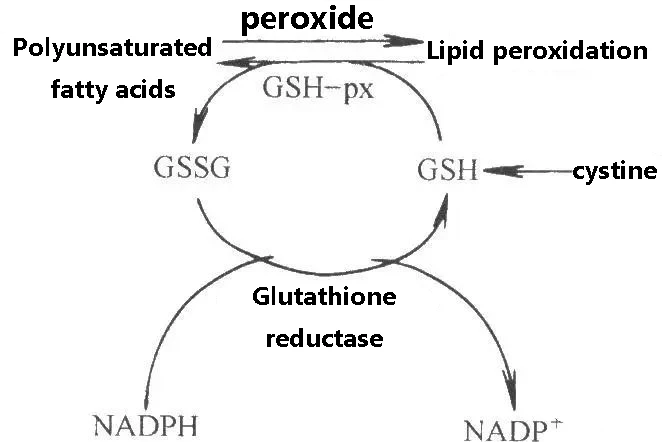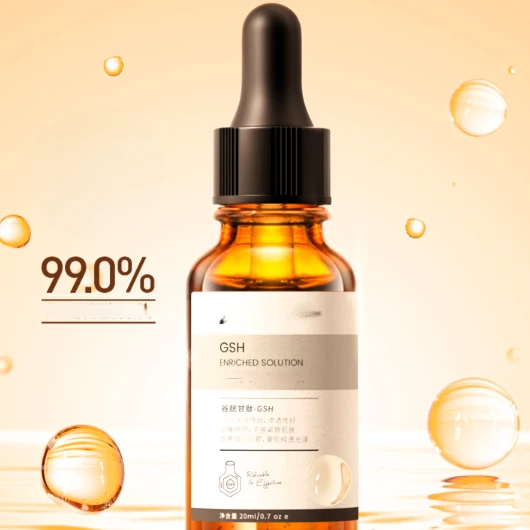Coenzyme Q10 is the heart's charging pile
What is Coenzyme Q10?
Coenzyme Q10 is a naturally occurring substance in the human body, with the highest levels in the heart, liver, kidneys and pancreas. Due to the important function of coenzyme Q10 in the human body, the content of this substance in the human body, especially in some organs, is reduced in some special physiological or disease states.
Coenzyme Q10 is often sold as a "dietary supplement" in the United States and other countries, and researchers have so far focused on whether coenzyme Q10 supplements have health benefits.
It is worth noting that the "Chinese Guidelines for the Diagnosis and Treatment of Heart Failure 2018" and the "Chinese Expert Consensus on the Diagnosis and Treatment of Fulminant myocarditis in Adults" officially recommend coenzyme Q10 as an adjunct drug therapy, which can improve myocardial energy metabolism in patients, thereby improving heart function.
The dual guarantee of Coenzyme Q10 energy metabolism and antioxidant
Coenzyme Q10, also known as ubiquitin ketone, has a simple structure, is ubiquitous in animals and most bacteria, and belongs to a family of coenzymes.
In the human body, the most common form is coenzyme Q10 or ubiquitin 10, which is fat-soluble, similar to vitamins, and can be synthesized by the human body in a small amount, mainly involved in aerobic cellular respiration, and is a very important substance in the energy metabolism process of mitochondria "electron transfer respiratory chain". Most tissue cells and 95% of energy require aerobic energy, and those organs with the highest energy requirements, such as the heart, liver, kidneys and pancreas, have the highest concentration and content of coQ10.
Coq10 is also an antioxidant with antioxidant and anti-inflammatory effects.
The main role of Coenzyme Q10 in the human body:
Coq10 is involved in energy production in mitochondria. Mitochondria are the energy factories of the cell, producing adenosine triphosphate (ATP) by oxidizing substances such as sugars, fats and amino acids to power the cell.
You can think of ATP as a kind of battery that provides energy to the cell. When ATP is used, it becomes ADP, just like when a battery runs out.
Coq10 acts as a kind of charger, it helps ADP to turn back into ATP, just like a battery is full.
The cell can again use ATP for all kinds of life activities.
Coq10 is important for maintaining cellular energy levels and normal metabolism, especially in tissues and organs with high energy requirements, such as the heart, liver, kidneys, muscles, and brain.
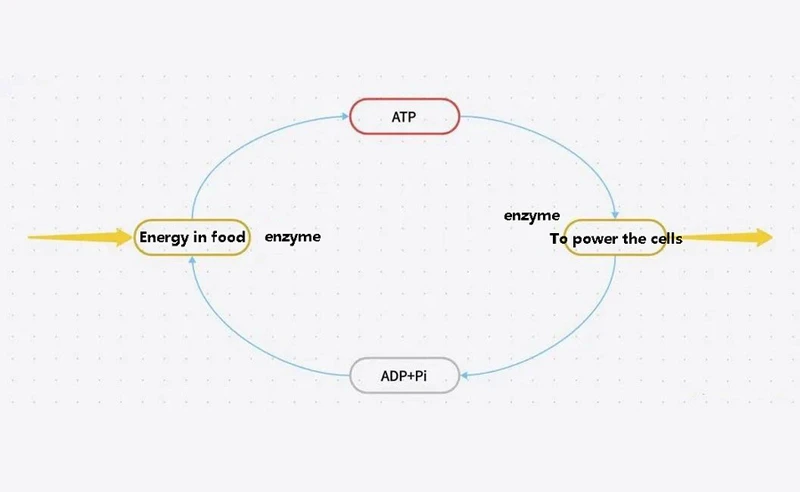
Coq10 also protects cells from oxidative stress by preventing electron leakage.
It has antioxidant and free radical scavenging function.
Free radicals are unstable molecules that are not paired electrons and can undergo REDOX reactions with other molecules, causing damage to cellular structure and function.
Too many free radicals or an imbalance in the antioxidant system can lead to oxidative stress, increasing the risk of aging, inflammation, cancer, neurodegenerative diseases and many more.
Who needs a coQ10 supplement
Although CoQ10 is necessary for the human body, not everyone needs an extra supplement.
In general, healthy adults can take a portion of CoQ10 from food, or they can synthesize some of it themselves.
Foods rich in coenzyme Q10 include meat, seafood, nuts, seeds, whole grains, etc., but food processing and cooking processes reduce the content and activity of coenzyme Q10.
Several groups of people may consider supplementing with coQ10:
1. The Elderly
The first is the elderly, because as we age, we need more antioxidants.
The body's own ability to synthesize coenzyme Q10 reaches its peak at about 20 years old, and then gradually declines with age, especially in high-energy-consuming organs such as the heart, where the concentration of coenzyme Q10 will be significantly reduced.
A 70-year-old is younger than a 20-year-old. Coenzyme Q10 can be reduced by more than 50%, which is why many elderly people need to supplement coenzyme Q10, if long-term supplementation will have a feeling of energy recovery.
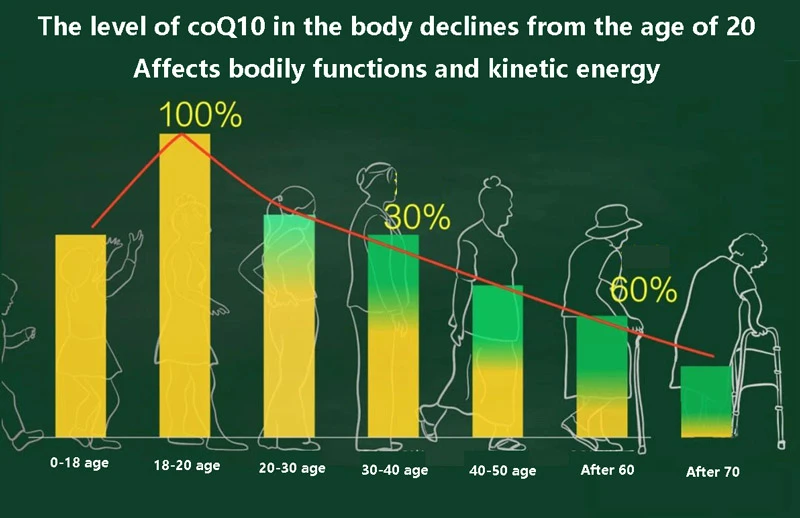
2. Patients with cardiovascular and cerebrovascular diseases
Patients with cardiovascular and cerebrovascular diseases.
Cardiovascular and cerebrovascular diseases are related to oxidative stress and energy metabolism disorders, such as coronary heart disease, heart failure, hypertension, atherosclerosis, stroke, etc. Patients with these diseases are often accompanied by low coenzyme Q10 levels, which may lead to myocardial ischemia, decreased myocardial contractility, arrhythmia, cardiomyocyte apoptosis, etc.
Supplementation of coQ10 can improve cardiac function, reduce blood pressure, reduce myocardial ischemia and hypoxia damage, prevent or delay the progression of atherosclerosis, and protect neurons from ischemic injury.
Multiple clinical trials and analyses have confirmed the benefits of CoQ10 for patients with cardiovascular and cerebrovascular diseases, especially for those taking statins, which inhibit CoQ10 synthesis and cause side effects such as muscle pain, myitis and rhabdomyolysis.
3. Patients with metabolic diseases
Patients with metabolic diseases.
Metabolic disease is a disease related to abnormal energy metabolism, such as diabetes, obesity, hyperlipidemia, etc.
Patients with these diseases are often accompanied by low coQ10 levels, which may lead to mitochondrial dysfunction, insulin resistance, fatty liver, arteriosclerosis, etc.
Supplementation of coQ10 can improve insulin sensitivity, reduce blood sugar and blood lipids, reduce oxidative stress in adipose tissue, and prevent or improve non-alcoholic fatty liver disease.
Several clinical trial analyses have shown the benefit of coQ10 in patients with metabolic diseases, especially those taking hypoglycemic or lipid-lowering drugs, as these drugs can also affect the synthesis or utilization of CoQ10.
4. Daily intake of Coenzyme Q10?
There is no uniform standard for the daily intake and specific recommended value of CoQ10, and different countries and institutions may give different values.
In general, the daily intake of coenzyme Q10 refers to the minimum amount that should be ingested in order to meet the normal physiological needs of the human body, while the specific recommended value refers to the appropriate amount that should be ingested in order to achieve certain specific purposes or prevent certain diseases.
Intake standard for coenzyme Q10
Dietary Guidelines for Chinese Residents 2022:
No daily intake of CoQ10 is given, but a specific recommended value of CoQ10, 30 mg per day, is given to help prevent cardiovascular and cerebrovascular diseases and migraines.
China Food and Drug Administration (CFDA) :
The maximum limit of Coenzyme Q10 as a health supplement is set at 50 mg per day to ensure safety and effectiveness.
National Institutes of Health (NIH) :
The daily intake of CoQ10 is not given, but the intake level of CoQ10 in the average American diet is given, which is 3-6 mg/day. At the same time, it also introduces the dosage of Coenzyme Q10 used in some clinical trials, generally between 100-1200 mg/day, for the treatment or prevention of various diseases.
European Food Safety Authority (EFSA) :
The daily intake of CoQ10 is not given, but the observed safe level (OSL) of CoQ10 is given, which is 1200 mg per day, indicating that no harmful effects are found below this dose.
It can be seen that the daily intake and specific recommended values of coenzyme Q10 are not fixed, but vary according to different purposes, populations and conditions. If you want to supplement with CoQ10, choose the right dose based on your health and needs.



